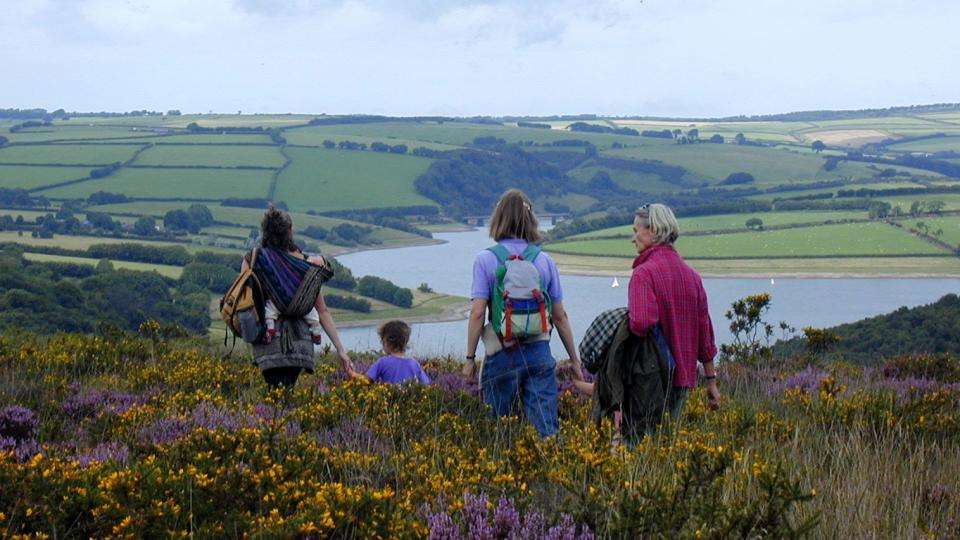People living in the blissful surrounds of England's national parks will soon be able to spend more time gawping at their phones following a deal between the major network operators. The "landmark agreement" between National Parks England and the UK's biggest mobile phone companies will improve coverage while ensuring that environmental impact is minimised.
EE, O2, Three and Vodafone will be asked to share masts and come up with clever ways to install new equipment without harming the pristine wildlife of England's beautiful national parks. The agreement covers all ten national parks in England.
Covering almost 10 per cent of the country, national parks are notorious mobile phone dead-spots with weak and non-existent signals plaguing residents and visitors. Communications minister Ed Vaizey said it was vital for those who live and work in England's national parks:
"They need access to the modern communications that many of us have taken for granted for years. The new agreement could make a real difference."
His views were echoed by environment minister Lord de Mauley who said it was "essential" that businesses and homes everywhere have accessed to modern communications. He added that the Government had also committed £150m to improve mobile phone dead-spots across the UK to improve communications in rural areas.
Dr Nigel Stone, Exmoor's National Park officer said it was crucial that mobile phone companies worked together:
"Increasingly, the cost of deployment and operation of new mobile phone masts has been the most significant barrier to wider coverage as we have worked together to enable careful siting and design of new installations."
The agreement between the UK's major mobile phone companies and National Parks England has been brokered by the Department for Culture, Media and Sport, the Department for Environment, Food & Rural Affairs and the Department for Communities and Local Government.

